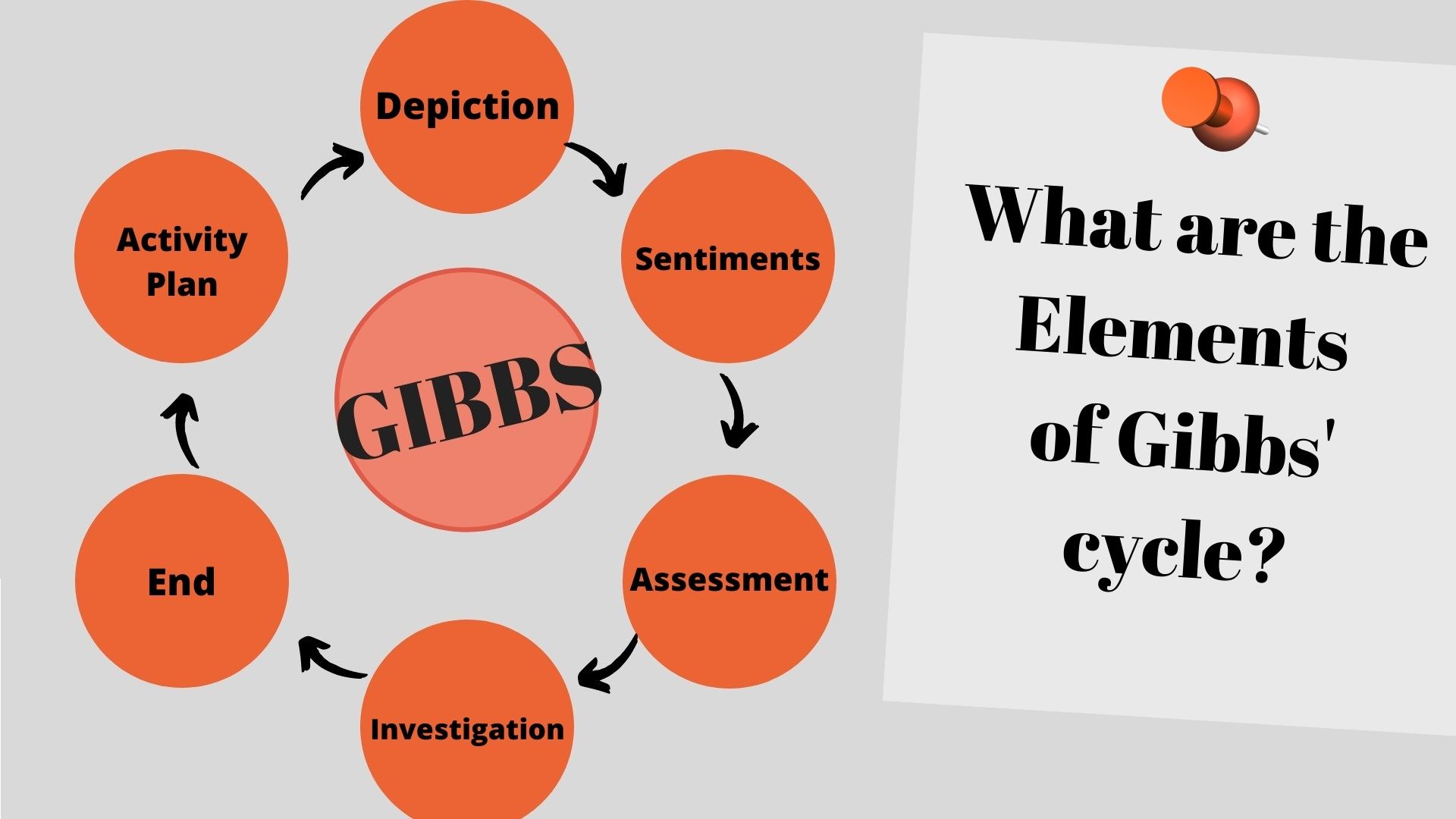The interaction is basically a cycle or circle, containing the accompanying six components:
Depiction:
This component requires a verifiable portrayal of the episode. At this stage, no end is drawn, the emphasis is on the data; too which is pertinent. A few brief inquiries are: What occurred? How could it work out? Where? When? Who else was there? Did somebody respond? How could they respond? For what reason would you say you were there? How did you respond? What occurred toward the end? This develops the foundation and a superior comprehension of the occurrence.
Sentiments:
Here any inclination felt during the occurrence is talked about. Questions like, what did you feel before the episode? During it? After it was everywhere? What do you suppose others felt? What do you feel about the occurrence now? What do you suppose others feel about it now? helps answer this part precisely. For authors, it’s advised to not make this part longwinded and effusive.
Assessment:
Objectively assess what is going on. What worked out positively? Really what didn’t? What were the negatives and the upsides of the circumstance? How did you and the others add to it (emphatically or adversely)? For scholars, this is a decent part to include hypotheses and references as they assess and pass judgment on the episode.
Investigation:
Think about what could have frustrated or helped the circumstance. This part can be improved by reference to a scholarly article (for essayists) or a past encounter if necessary. Interface the hypothesis and experience together.
End:
Consider what did you gain from the circumstance. What else might you at some point have done in that? What abilities will assist you with adapting to it better sometime later? How contrastingly could you respond on the off chance that you face what is going on once more? Assuming the results were negative, how might you stay away from that? In the event that the results were positive, how is it that you could further develop it for you and every other person?
Activity Plan:
This region manages the arrangement of how to deal with and advance the circumstance next time actually. Any preparation, ability, or propensity that can furnish you with taking care of the circumstance better assuming it happens once more? Is there something else to be learned for an improved result? Resolve the regions that need work and flourish to work on them.
Gibbs Reflective Cycle
Gibbs’ Reflective cycle model is utilized in different circumstances and is valuable in assessing it, particularly as an educator or mentor. Reflection is utilized to work on understanding and verification of training-based learning – something important to pass your DET/DTLLS course. It is viewed as a significant instrument to use after basic events have leaped out to assist instructive professionals with loving you as well as allowing your students to ponder experiences and make new learning and structure novel thoughts.
What is the utilization of Gibbs’ intelligent practice?
All educator instructional classes have a gigantic accentuation on examination and verification-based practice. In any case, habitually the students face “progressively perplexing, questionable and multi-layered real factors of training”, which don’t commonly impeccably squeeze into existing assessment and examination. Reflection can help whether or not your students are preparing for dissertations and get cheap dissertation writing services UK or for qualified preparing experts like you, to grasp these circumstances. It can similarly assist them with expanding new learning and additionally, it can raise or feature various researchable focuses and new requests, instead of replies.
It is this continuous course of self-assessment and discovery that we advance in our educator instructional classes particularly the L5 Diploma in Education and Training since it prompts the QTLS status which implies Fully Qualified Teacher Status. Getting and keeping up with this acknowledgment expects you to confirm your intelligent practice thus the significance of Gibb’s Reflective Cycle.
Perceiving the possibility that one can change what is in one’s control to change, the Gibbs model empowers the utilization of basic reflection. What’s more, for individuals new to the intelligent practice, it particularly offers a decent beginning stage for changing over new learning and information right into it and change. The interaction expects that one look underneath the outer layer of occasions and encounters to accomplish further degrees of understanding and learning.
